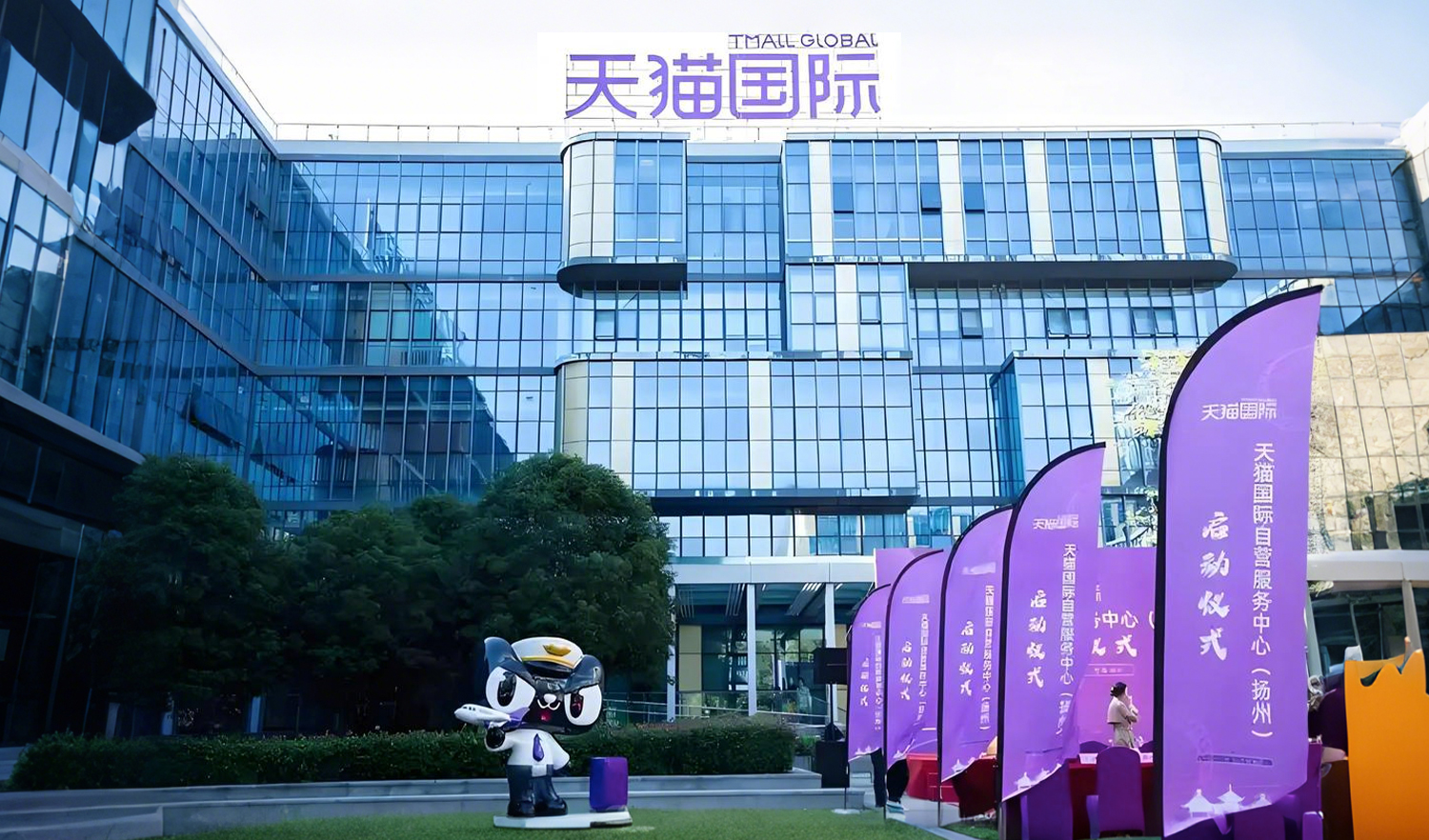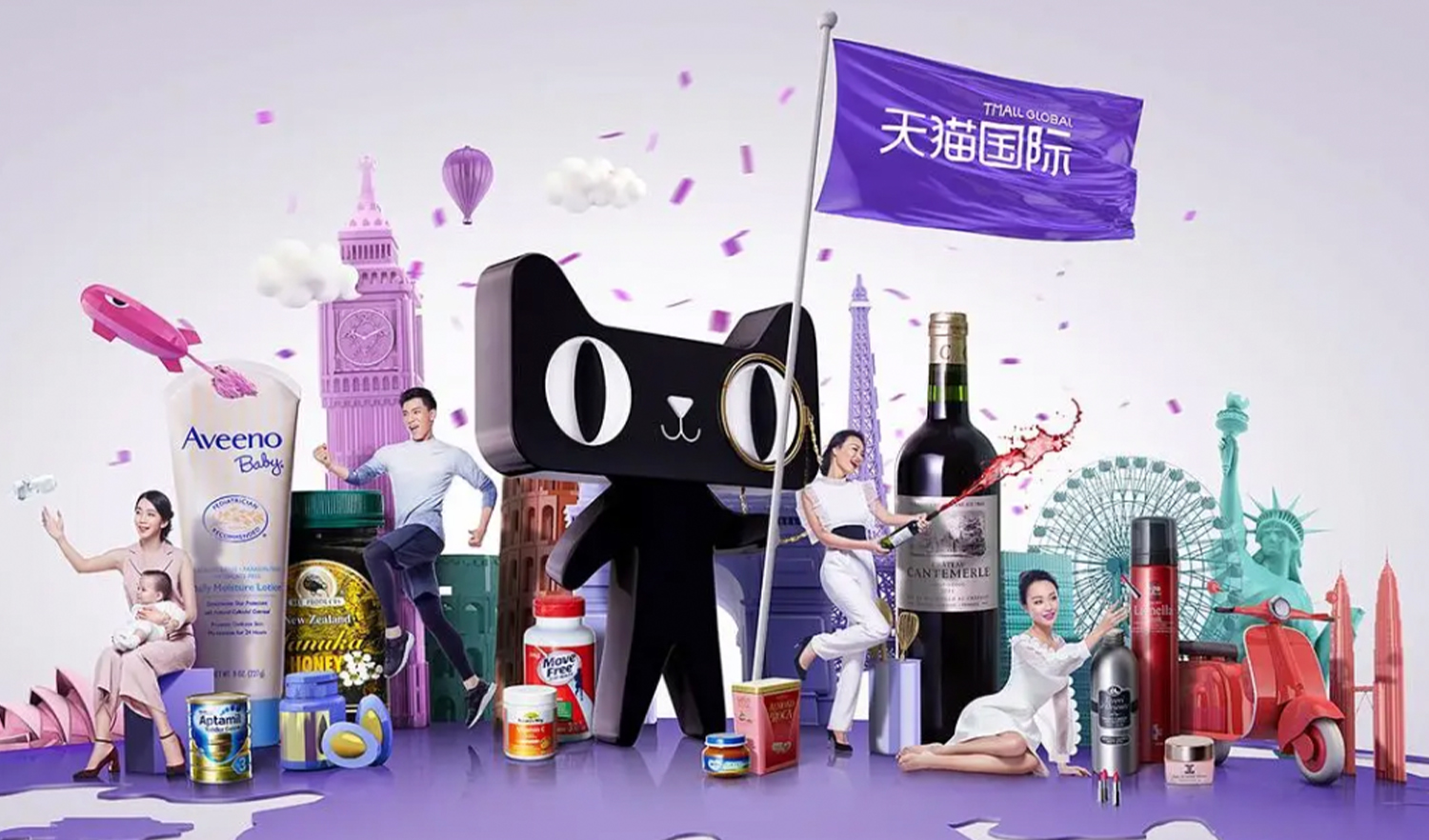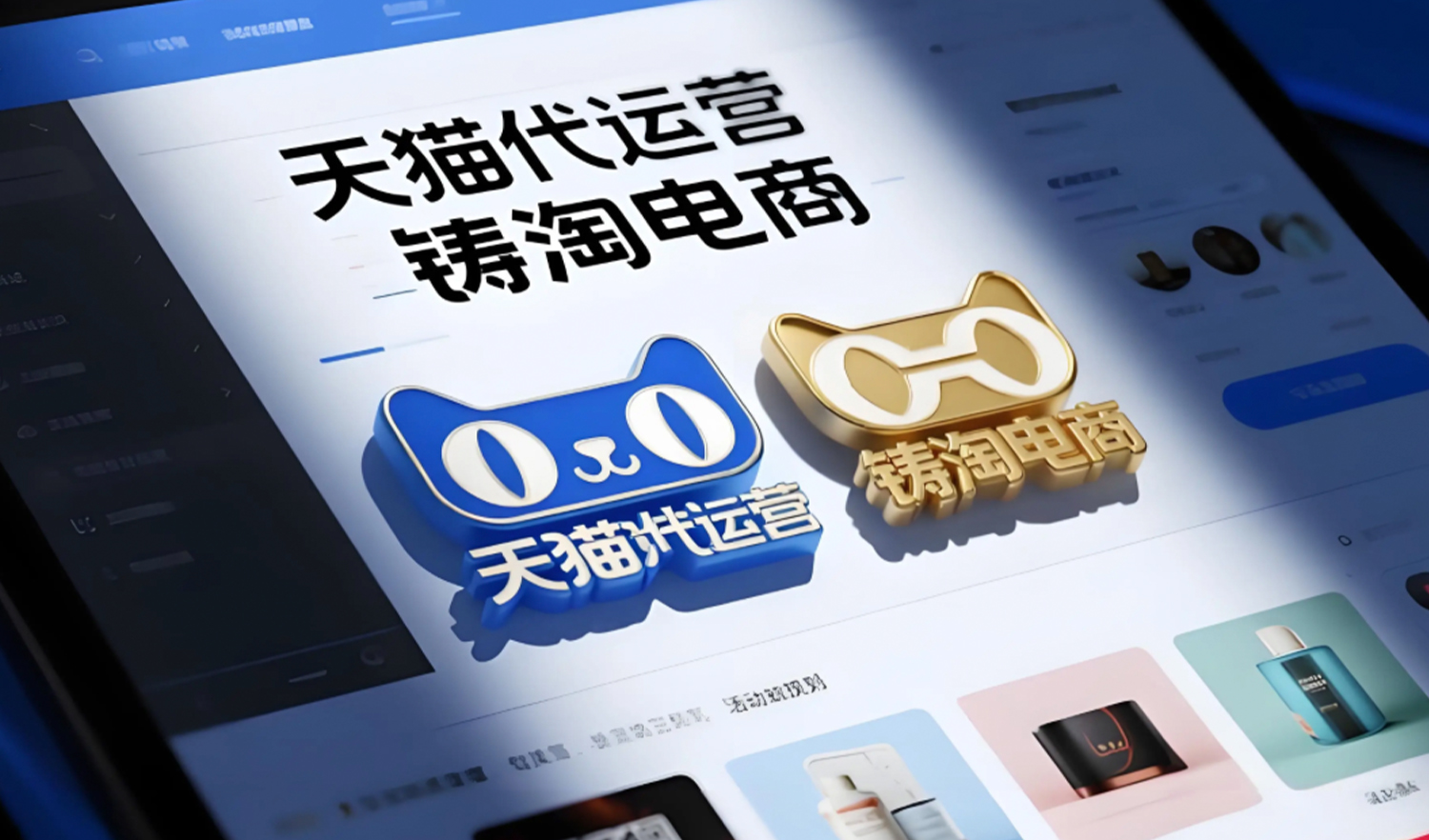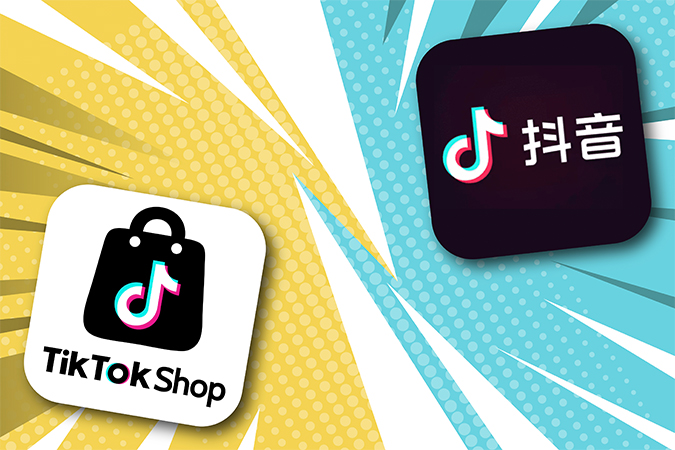Everything You Need to Know About Tmall for Marketing in China
Tmall offers global brands a trusted gateway into China’s e-commerce market. From localized marketing to Tmall Partners, discover how to build long-term success.
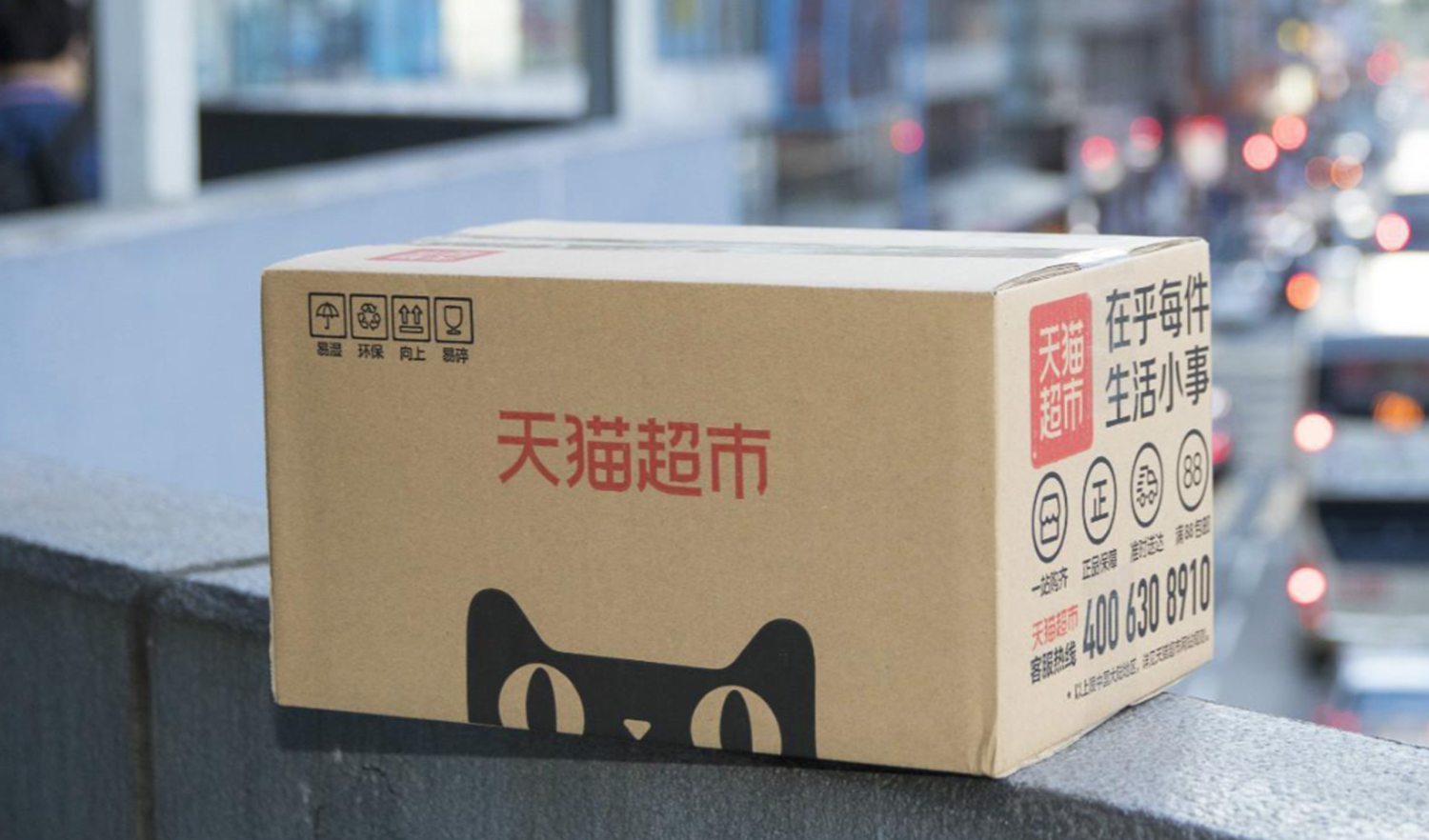
China’s digital marketplace is unlike any other, and at the center of it stands Tmall, Alibaba’s flagship B2C e-commerce platform. For global brands, understanding what Tmall is and how it differs from Tmall Global is a critical step in evaluating expansion strategies.
In this article, we’ll explain the essentials of Tmall in a straightforward way, tailored for marketing experts and managers seeking to reach Chinese consumers. You’ll discover why user experience matters more than ever, how Generation Z shapes online shopping in China, and the role of certified Tmall Partners in simplifying market entry.
What Is Tmall?
Tmall (天猫), launched in 2008 by Alibaba Group, is China’s largest business-to-consumer (B2C) platform. Unlike Taobao, which is consumer-to-consumer, Tmall only hosts verified brands and retailers, giving it a reputation for authenticity and premium quality.
For marketing managers, the key takeaway is that Tmall is not just another marketplace—it’s a brand-building ecosystem. Stores act as digital flagships, combining e-commerce with storytelling to build consumer trust.
Why it matters:
- Tmall shoppers expect authentic, premium products
- It is integrated with Alibaba’s ecosystem (Alipay, Taobao, Youku), creating strong traffic channels
- It is widely used across demographics, but especially trusted by urban middle-class and affluent consumers
What Is Tmall Global?
Launched in 2014, Tmall Global (天猫国际) is the cross-border version of Tmall, designed specifically for international brands that want to sell into China without setting up a local business entity.
Benefits of Tmall Global:
- Faster market entry – No need for Chinese company registration
- Cross-border logistics – Use bonded warehouses in free trade zones or ship directly from abroad
- Access to high-value shoppers – Particularly Generation Z and young professionals seeking international products
- Market testing – Brands can gauge demand before committing to long-term investment
For many global brands, Tmall Global is the first step into China’s digital economy.
Tmall vs. Tmall Global: Key Differences
Understanding the distinction between Tmall and Tmall Global is essential for planning market entry.
|
Feature |
Tmall |
Tmall Global |
|---|---|---|
|
Legal Entity |
Required in China |
Not required |
|
Product Registration |
Must comply with Chinese regulations |
Not required |
|
Logistics |
Domestic warehouses |
Cross-border bonded or direct shipping |
|
Delivery Speed |
1–3 days |
7–15 days |
|
Target Consumers |
Mass-market, mainstream |
Import-seekers, premium buyers, Gen Z |
|
Best For |
Established local brands |
New-to-China international brands |
Insight for managers: Tmall = long-term, localized presence. Tmall Global = fast, flexible entry.
Why Tmall Matters for Global Brands
For marketing managers evaluating what Tmall is, the platform represents more than sales—it is a strategic brand gateway.
- Visibility – With millions of daily active users, Tmall ensures strong brand exposure
- Trust – Shoppers perceive Tmall as the most reliable marketplace for authentic products
- Scalability – From niche entry to mass expansion, Tmall supports brands at every stage
- Data & Insights – Alibaba’s ecosystem provides consumer behavior data that helps refine targeting
For brands seeking a foothold in China, Tmall combines brand credibility with market intelligence.
User Experience: The Key to Winning on Tmall
Success on Tmall is not only about listing products—it’s about delivering an excellent user experience.
Chinese consumers, particularly Generation Z, expect:
- Immersive product pages – High-quality visuals, videos, and localized storytelling.
- Mobile-first design – Optimized navigation for smartphone users
- Real-time interaction – Chat support and livestream shopping
- Personalization – AI-driven recommendations tailored to browsing history
For managers, this means investing in store design, digital content, and customer engagement to ensure consumers see your brand as trustworthy and relevant.
Marketing on Tmall: Best Practices
Operating a Tmall store requires more than compliance—it demands localized marketing strategies that resonate with Chinese shoppers.
- Influencer Marketing – Leverage KOLs and livestreams on Tmall Live and Douyin to build awareness
- Customer Service – Offer real-time, Mandarin-speaking support to meet high service expectations
- Promotional Campaigns – Take part in China’s largest e-commerce festivals such as Double 11 (Singles’ Day) and 618 Shopping Festival, which drive record-breaking sales
These campaigns are not optional—they are central to the Chinese e-commerce calendar and a key way to connect with Generation Z consumers who thrive on big sales events.
The Role of a Tmall Partner (TP)
Launching and managing a store on Tmall can be complex, which is why most international companies collaborate with Tmall Partners (TPs)—certified service providers by Alibaba.
A TP provides:
- Store setup and design aligned with Chinese consumer preferences
- Logistics and operations, including returns and compliance
- Marketing campaigns, from paid search to influencer collaborations
- Performance monitoring with ongoing data-driven optimization
For marketing managers, a TP is essentially your execution arm in China, ensuring that your brand’s digital presence and operations are fully adapted to local expectations.
Generation Z: The Driving Force Behind Tmall Growth
China’s Generation Z (born 1995–2010) is reshaping the future of e-commerce, and Tmall is one of their favorite platforms.
Key traits of Gen Z shoppers on Tmall:
- Global mindset – They actively seek imported products and niche international brands
- Experience-driven – They value unique packaging, storytelling, and brand culture
- Digital fluency – They engage with livestreaming, social commerce, and interactive features
- Willing to pay more – For authenticity, sustainability, and exclusivity
For marketing managers, targeting Gen Z on Tmall means creating campaigns that are visually engaging, socially interactive, and value-driven.
Why Tmall Is Your Gateway to China
For any marketing manager exploring what Tmall is, the conclusion is simple:
- It is China’s most trusted B2C marketplace
- It is the fastest entry point for international brands via Tmall Global
- It is where user experience and Generation Z engagement define success
By combining localized storytelling, participation in major campaigns, and collaboration with a Tmall Partner, international companies can not only enter China but thrive in the world’s most competitive e-commerce market.
Whether you’re managing a niche product line or a global enterprise, Tmall offers the credibility, traffic, and consumer reach needed to succeed in China. For marketing managers, it’s not just a marketplace—it’s a strategic growth platform that connects your brand to millions of Chinese consumers who value authenticity, innovation, and global connections.
Want to Succeed in China? Download Our Free 84-Page Strategic Guide
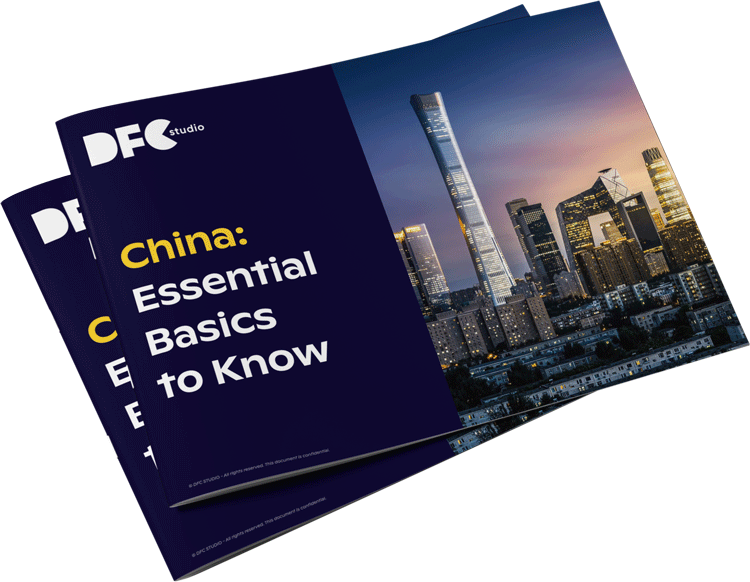
Want to Succeed in China? Download Our Free 84-Page Strategic Guide
Keep up with the latest trends
DFC Studio is a Beijing-based digital marketing and e-commerce agency specialized in the Chinese market.
From strategizing your market entry to fostering brand recognition, our mission is to facilitate your expansion in order to boost your sales.
What sets us apart is our team of highly accomplished professionals, all of whom are graduates from renowned international universities.
This unique blend of bicultural expertise and deep understanding of the Chinese market positions us as a great partner to unlock your brand’s full potential in this thriving landscape.



